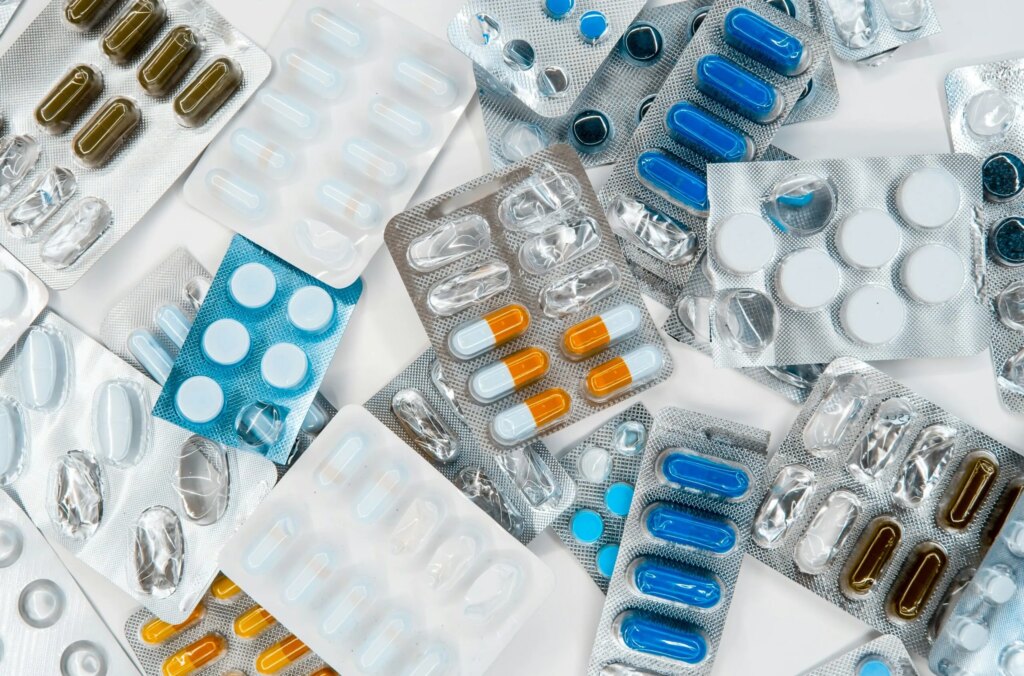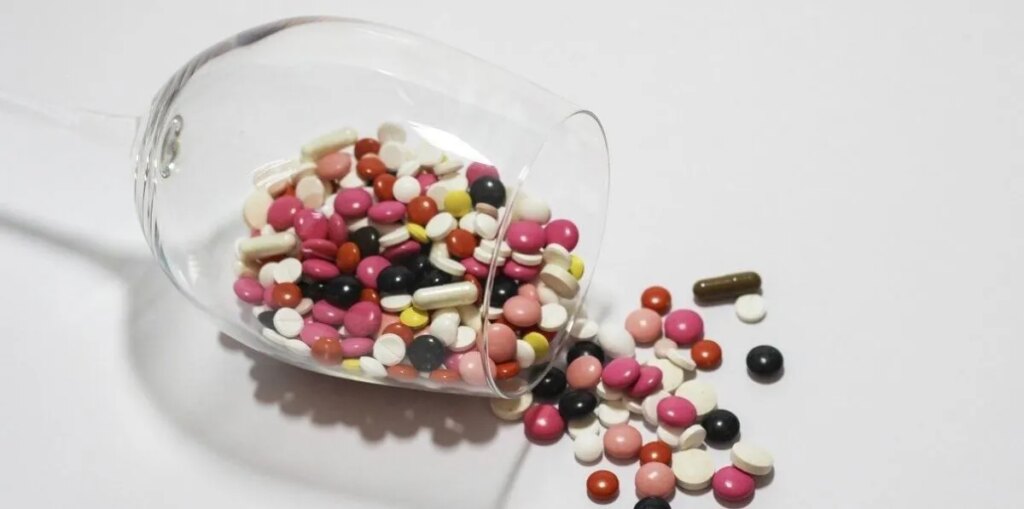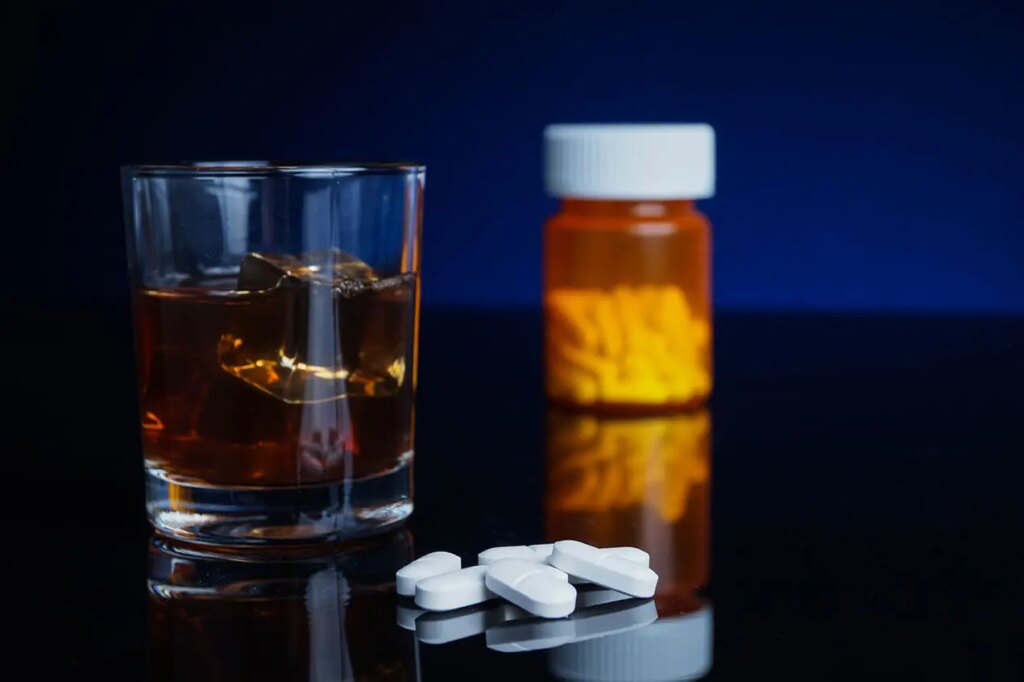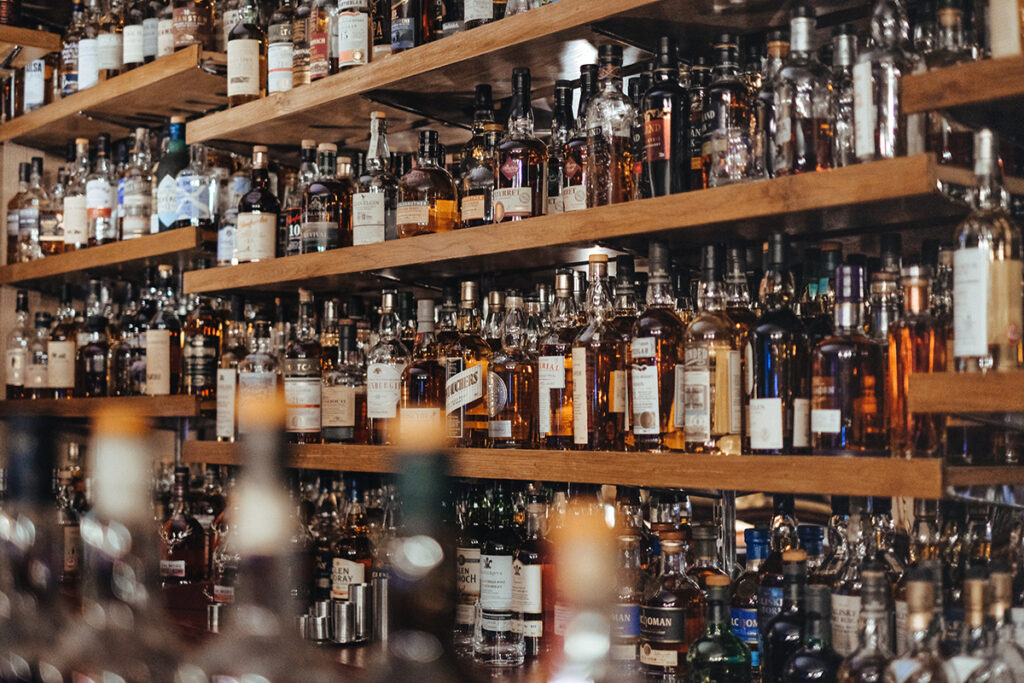When you’re not sure what a pill is, there are ways to find out. Online tools and resources can help you identify pills and find…
Prescription painkiller Vicodin has two active ingredients—an opioid drug hydrocodone and acetaminophen. It is used to treat severe pain but is widely misused and can…
Sober living programs can help people in recovery establish and maintain a substance-free lifestyle. Also called transitional or supportive living homes, these accommodations can be…
Generalized anxiety disorder (GAD) is a mental health condition characterized by constant, excessive, and uncontrollable worry and anxiety about a variety of common life stressors…
People with substance use disorders are at a higher risk of developing mental and behavioral health conditions, such as anxiety and mood disorders, major depressive…
Recovery from a mental health condition such as substance abuse and addiction is a difficult journey marked by many highs and lows. A vital aspect…
Stimulants and depressants are drugs that affect the central nervous system (brain and spinal cord). They can have wide-ranging effects on the mind and body.…
Obsessive-compulsive disorder (OCD) is a mental health condition characterized by recurrent uncontrollable thoughts (obsessions) and repetitive behaviors (compulsions). Alcohol use disorder (AUD) (commonly called alcoholism)…
Relapse is a common but frequently misunderstood part of addiction recovery. The term relapse refers to a return to substance use after a period of…
Alcohol withdrawal seizures can occur 6-48 hours after the last drink, sometimes even 2-7 days after you stop alcohol consumption. Seizures (convulsions) occur during alcohol…










